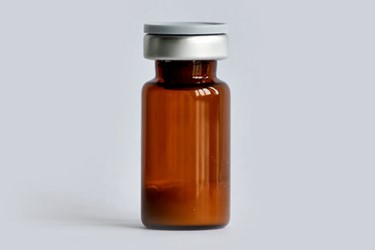Role Of Organic Co-Solvent (t-Butanol) In Frozen And Freeze-Dried Formulations

In the last year, more than 40% of drugs approved by the FDA have been lyophilized1. Lyophilization stabilizes the drug product and enables a longer shelf life at room temperature with easier transportation.
However, the processing steps (freezing, primary drying and secondary drying) involved in the lyophilization process can expose the proteins to various stress and harsh conditions, leading to denaturation, aggregation and sometimes a loss of functionality. To overcome these stresses experienced by protein throughout freezing, drying and storage use of cryo- or lyo-protectants in certain ratios is a central theme in formulation development.
Recently, Jayesh Sonje, a Ph.D. candidate from Dr. Raj Suryanarayanan’s lab at the University of Minnesota, USA presented a webinar that examined the thermal characterization of an organic solvent, tert-Butyl alcohol (TBA) used as an excipient during the freeze-drying process. This tech note summarizes the webinar and includes a selection of questions from the Q&A sessions.
Get unlimited access to:
Enter your credentials below to log in. Not yet a member of Pharmaceutical Online? Subscribe today.
